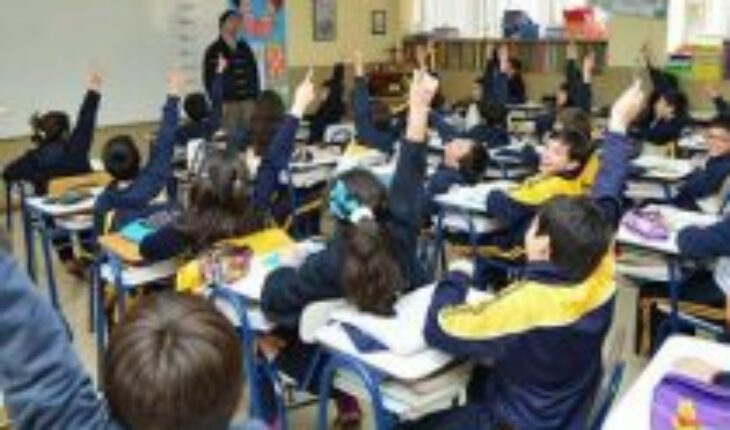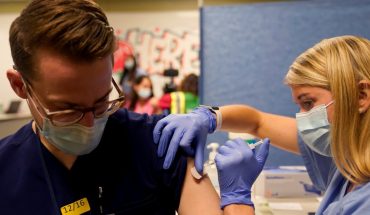Basic learning in Latin America and the Caribbean is going through its biggest crisis in a century. Millions of children lost years of learning because of school closures during the pandemic. Around four out of five primary school pupils may now not reach minimum levels of knowledge and learning losses could mean a reduction in their income of 12 per cent over their lifetimes. If we want to give them the future they deserve, basic education must become an immediate priority.
I have seen head-on the effects of the pandemic on learning. During a recent visit to Jamaica, a teacher told me that some students in her fourth- and nine-year-old class still couldn’t read or write when they should.
The fate of basic learning in Latin America and the Caribbean is being discussed this week at a high-level meeting in Bogotá, Colombia. The event is part of a global effort focused on ensuring basic learning for all children and putting in place policies that help achieve the global goal of providing quality education for all by 2030 that the UN says may not be achieved due to the pandemic.
Teachers and students faced enormous challenges before the pandemic. Education systems in Latin America and the Caribbean were already underperforming. Less than half of young people in the region completed primary school with minimal levels of knowledge.
The pandemic made the situation worse. Schools in the region closed longer than others, with an average of 84 percent partially or completely closed, compared to 52 percent globally. Our youth lost up to 1.8 years of learning-adjusted schooling. The most serious thing is that these losses can affect them for the rest of their lives.
Younger children and those from poor families were among the hardest hit. After the years of pandemic, we already have a first diagnosis of the impact of its consequences on learning. And we also know what the remedy is. To recover and lay the groundwork for long-term improvements, countries must prioritize basic education in their curricula, conduct assessments of student learning levels, and implement programmes and strategies to recover lost teaching and innovative pedagogical approaches to achieve student-level teaching.
It is also essential that teachers receive support and training and that schools are safe and inclusive. These measures must be complemented by attention to students’ mental health and investments to give poor students the same access to digital learning as those with more resources.
The meeting of ministers and experts in Bogotá seeks to obtain the commitment of countries not only to recover learning losses, but also to improve basic education in the long term.
Another important objective of the meeting is to highlight best practices, of which there are very good examples. Among the learning assessments is the large-scale APRENDER initiative in Argentina, as well as the DIA training diagnostic evaluation in Chile. Ecuador prioritized its curriculum during the pandemic emergency, and designed an effective learning remediation program; Colombia can take advantage of successful learning reinforcement programs like Aula Global. Several countries are carrying out curriculum reforms to strengthen fundamental skills and have already taken measures to support teachers.
Basic education is paramount for the jobs of the future. Let us do everything we can to give today’s children and young people the opportunity to lead fulfilling lives as they deserve.
Follow us on
The content expressed in this opinion column is the sole responsibility of its author, and does not necessarily reflect the editorial line or position of El Mostrador.





